Top Five Dictators Who did their Country Good
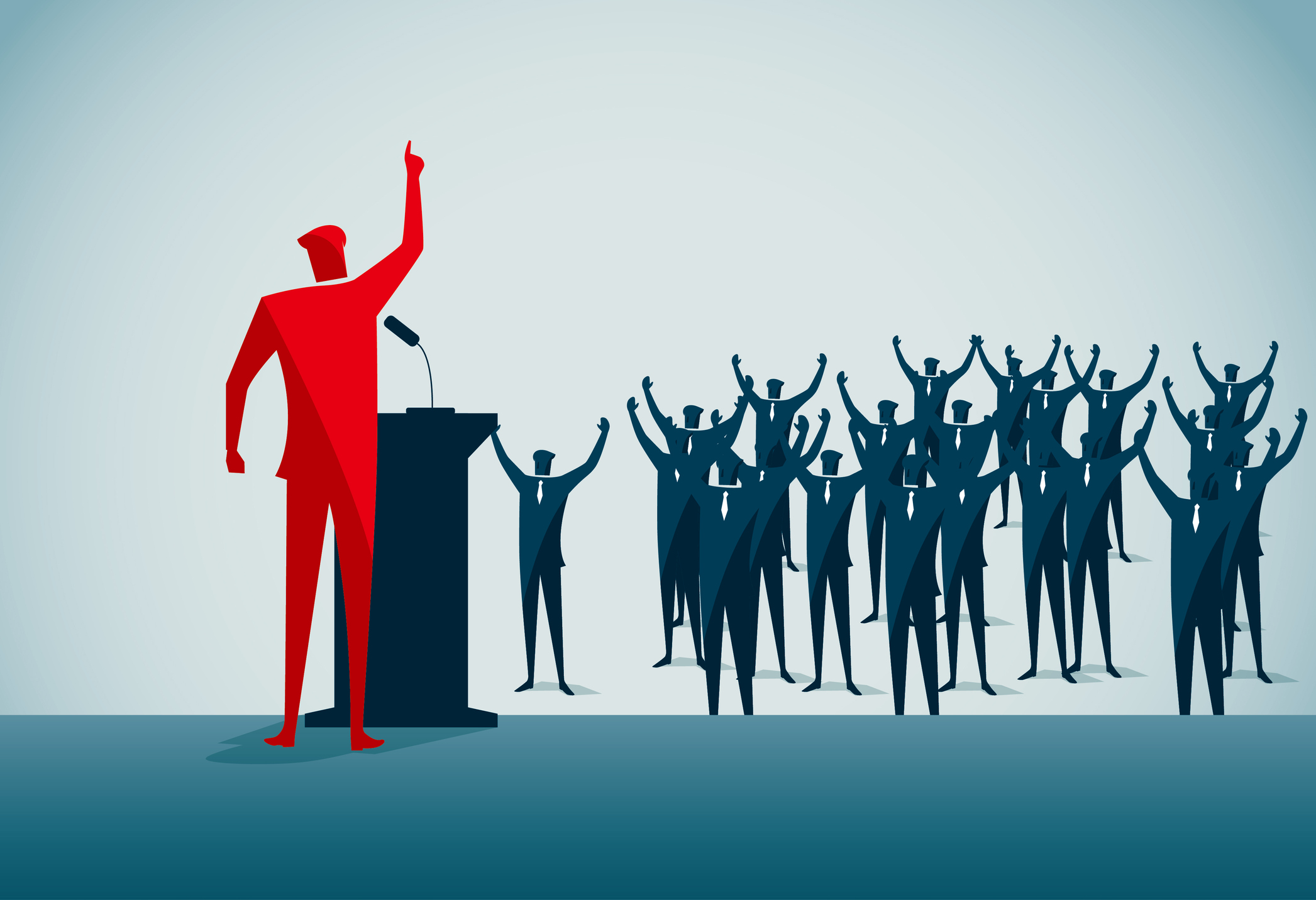
The term dictator often evokes a feeling of brutality, and for good reasons. Most of them came into power often through brutal means and they have to keep their powers by instilling fear in their citizens knowing that only fear and punishment keep men in line.
Uganda’s Idi Amin had to kill over 200,000 of his own citizens to stay in power, Nigeria’s Sani Abacha stole billions of dollars from his country fearing that he might be deposed at any moment. Dictators have absolute power over their people, which enables them to do whatever they want.
With great power comes great responsibility as the saying goes, there are dictators who used their absolute power, not for evil, but to help their people. And there’s quite a few. If you are from the West, some of these might shock you. If you are not, well, enjoy the ride;
Muammar Gaddafi
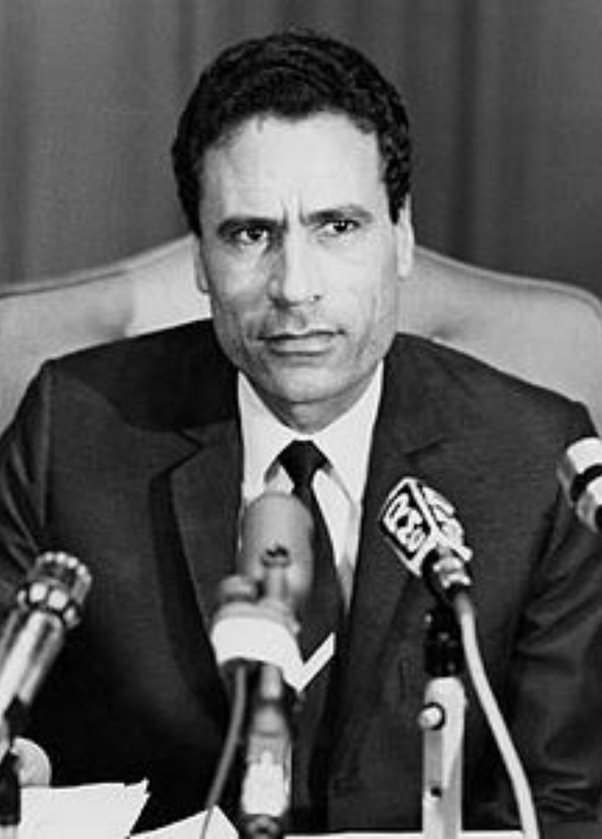
Gaddafi is often portrayed as a bad guy, and as Ronnie put it “the mad dog of the Middle East”
But that is in fact, not true.
Let’s take a look at some of the luxuries that Libyan citizens had during his rule
- 1: Free electricity.
- 2: Free housing.
- 3: Free healthcare. Not only free healthcare, but the best free healthcare in Africa and the Arab world.
- 4: A high GDP per capita for two decades before the West started sanctioning Libya.
- 5: A portion of the money made from oil sales went directly into the bank accounts of Libyan citizens.
- 6: If healthcare in Libya was not sufficient, the state would finance the entire trip to a foreign hospital.
I could go on and on, but those are just six things.
Also this
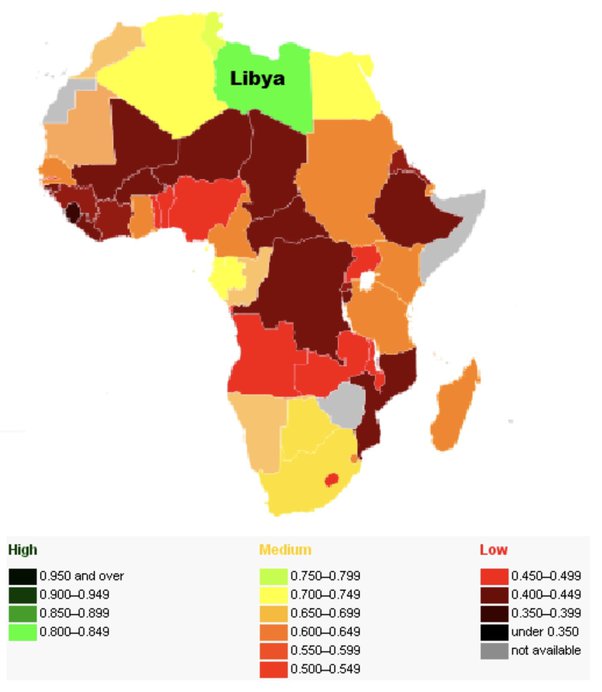
Libya had the highest rating on the Human Development Index in Africa while Gaddafi ruled it.
So while he might be portrayed as a bad guy, he was actually a really good leader.
Lee Kuan Yew
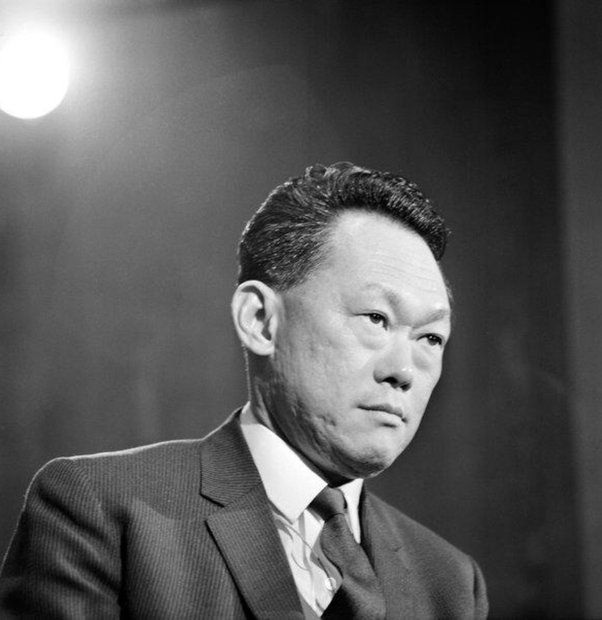
Lee. Kuan Yew was the Prime Minister of Singapore for three decades between 1959 and 1990. In those three decades, he transformed the undeveloped city-state, which had no natural resources, not much land area and a small army, into a shining example of a developed country. But he did this with many challenges facing him, like the multiculturalism of Singapore. The population was a collection of Malays, Chinese, Englishmen, Frenchmen, Indonesians and many more ethnic groups.
While he did implement dictatorial measures, such as muffling the press, outlawing protests and arbitrarily detaining people, he still holds the title of “The Least Brutal Dictator in History”. He did not kill a single person during his three-decade-long rule. Torture was not implemented either.
Before he took the mantle of leader, Singapore was nothing more than a collection of plastic houses and shanties. Look at Singapore now.
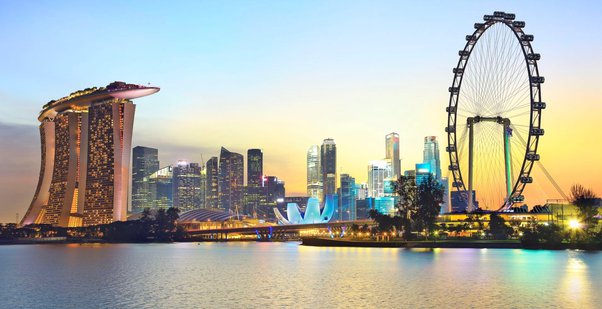
Park Chung-hee
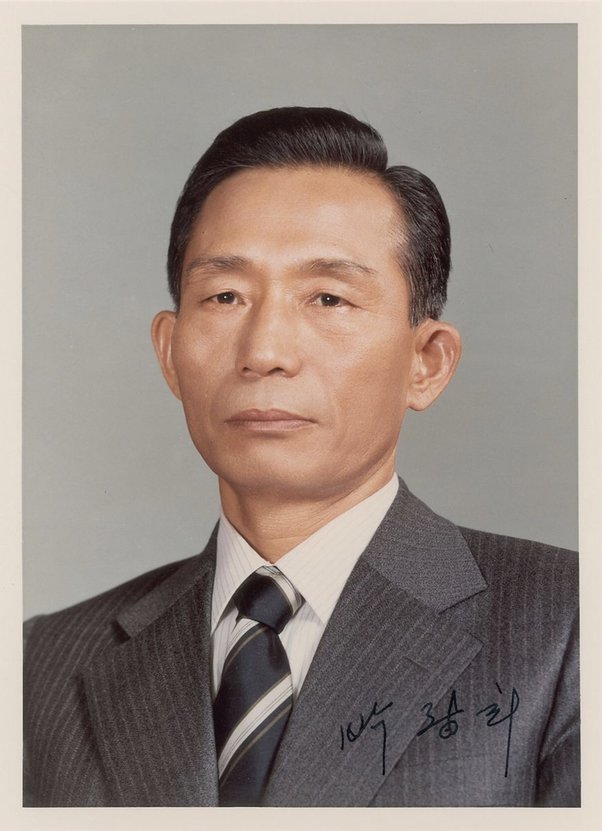
Park Chung-hee didn’t exactly come to power by democratic means. He made himself leader in a military coup. But unlike many leaders of military juntas, he was not a selfish blowhard who worked only to enrich himself. Instead, he enriched his country, South Korea.
He developed South Korea’s banking sector, business sector, and enriched the country with a policy of export-oriented industralization.
To give you some perspective, when he came to power, the GDP per capita in South Korea was a miserable 59 dollars. When his rule ended, it was 1,000 dollars.
Unfortunately, he was betrayed and assassinated in 1979, before he could do any more good to South Korea.
And as a bonus, he defended South Korea from communism.
Qaboos bin Said al Said, or Sultan of Oman for short
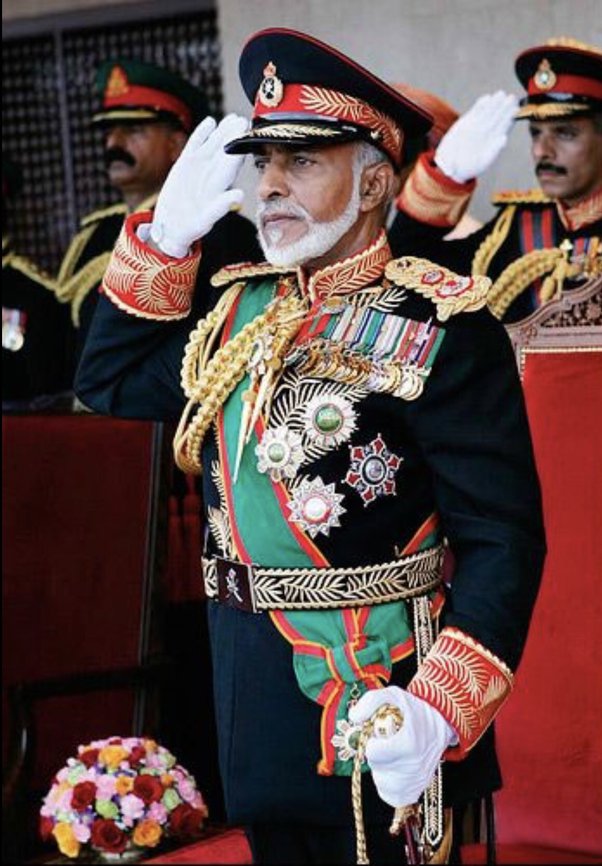
When he took power way back in 1970, Oman was the poorest country in the Arab world. Now, it gained the nickname of “The Switzerland of the Middle East”. All thanks to this man.
Oman, like many other Arab countries, is rich mainly due to oil exports, but added to that, Oman also has a developed banking and finance sector. Hence the nickname. Oman also serves as one big negotiating table, due to its policy of military neutrality.
In 1970, Oman had just three or four schools. Now it has over a thousand, and a few universities, the most famous one being named after him. Also in 1970, the average GDP per capita in Oman was 345 dollars. Now, it is 15,000 dollars. Qaboos still rules Oman, and continues to improve it.
While other Arab countries constantly squabble, Oman quietly sits and looks by, enjoying its wealth.
Thomas Sankara
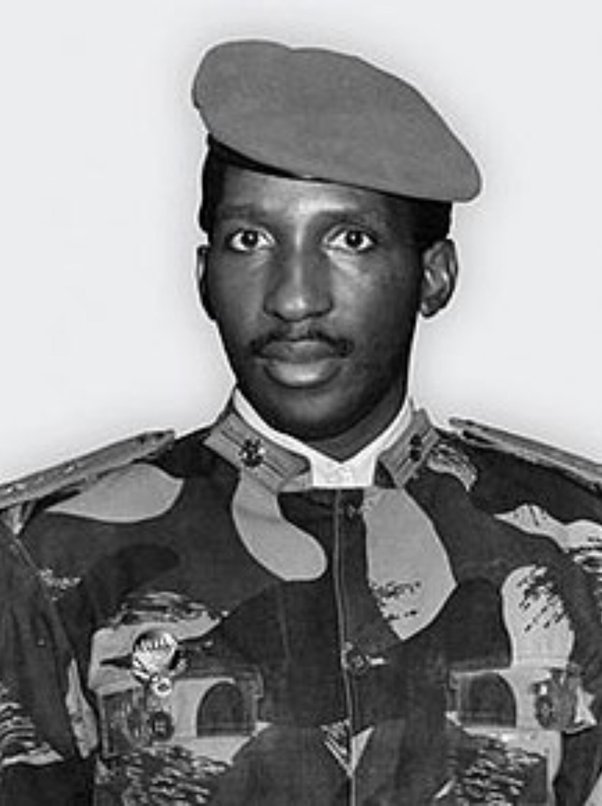
Sankara achieved many great things during his short rule, from his coup in 1983 to his deposition and murder in 1987.
He ordered the planting of million upon millions of trees, in order to prevent desertification. He lowered his own salary, and rid the government of most of its corruption, which was a giant problem. He connected the country via roads, and built housing for the citizens of his country. He made it self-sufficient in farming. And he saved the country from French dominance.
He renamed the country from Upper Volta, its colonial name, to Burkina Faso. He composed the national anthem, and designed the flag of Burkina Faso.
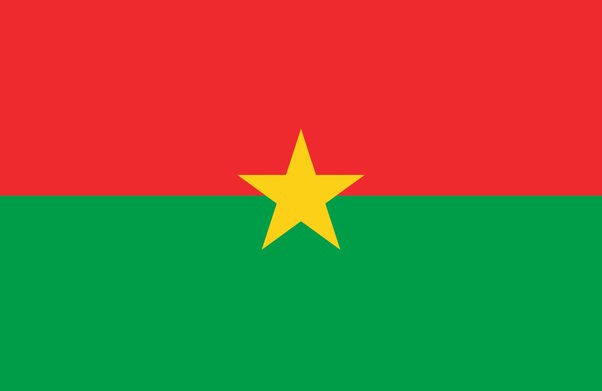
Unfortunately, he was killed in a military coup, which was, predictably, sponsored by the French. It installed a brutal dictator who impoverished the country and was a puppet of the French.
